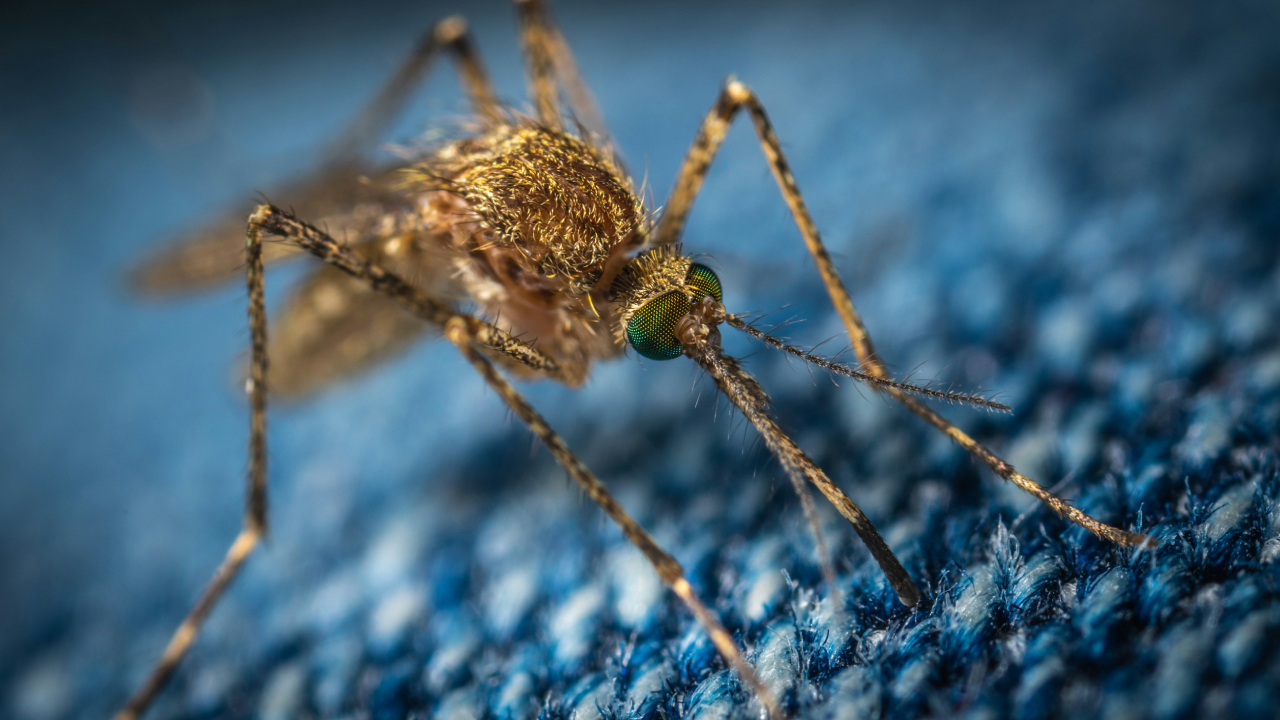- South Africa’s Department of Health says it will likely rid the country of malaria by 2028.
- In 2023, the disease killed 106 South Africans.
- In countries where it kills thousands every year, new and advanced vaccines are being rolled out for prevention.
South Africa’s Department of Health says it is on track to completely eliminate malaria in the country by 2028. The country’s north-eastern-most provinces, closest to Mozambique, still suffer from the burden of the mosquito-borne illness, especially in the summer months, though prevalence has been decreasing sustainably for many years now.
This is despite challenges to the National Malaria Elimination Strategic Plan, such as more frequent heatwaves thanks to the effects of climate change. Heatwaves can lead to increases in an area’s humidity and rainfall, which increases the number of mosquitos as the pest insect breeds only in stagnant water.
The UN believes that extreme weather changes caused by climate change will cause vector-borne diseases like malaria and dengue (both carried by mosquitos) to double by 2025 across Africa, and triple by 2080.
Malaria is one of the deadliest diseases ever known throughout the history of mankind. The World Health Organisation (WHO) reported that in 2022, over 249 million cases of malaria were logged, with nearly all of them reported in Africa.
An estimated 608 000 deaths emerged as a result of the infections across 2022. Most in Sub-Saharan Africa.
The department says that more effort is needed to curb the number of cases still being reported in Limpopo, Mpumalanga and KwaZulu-Natal. In 2023, South Africa recorded 9 795 cases of the illness and 106 deaths.
The disease is entirely preventable and treatable with modern medicine, and most fatalities are due to late reporting to medical services by patients as early symptoms are similar to the flu, or lack of access to said medications.
Preventions also include education on malaria-risk areas, the use of clothing and malaria nets, as well as understanding the symptoms of the illness and where to get medical attention.
“The government is committed to integrating the ethos of ensuring equal access to malaria prevention and treatment services for all,” said the department, as per SA News, adding that South Africa is looking to work with its neighbouring states to carry out the ambitious task of ridding Southern Africa of the disease.
There are now two vaccines that can prevent malaria
In other African nations where malaria is a leading cause of death, like Nigeria, vaccinations are being rolled out that prevent the disease completely. The latest malaria vaccine is called R21/Matrix-M and is being recommended by the WHO. The first vaccine, RTS, was approved for widespread use in 2021.
“As a malaria researcher, I used to dream of the day we would have a safe and effective vaccine against malaria. Now we have two,” said Dr Tedros Adhanom Ghebreyesus, WHO Director-General.
“Demand for the RTS, S vaccine far exceeds supply, so this second vaccine (R21/Matrix-M) is a vital additional tool to protect more children faster, and to bring us closer to our vision of a malaria-free future.”
The vaccine has been clinically proven to reduce the prevalence of malaria in areas with high-seasonal transmission by 75 percent after three doses are administered to a population group. It has also been proven to be safe in trials.
“At least 28 countries in Africa plan to introduce a WHO-recommended malaria vaccine as part of their national immunization programmes,” WHO explains.
[Image – Photo by Егор Камелев on Unsplash]

